A recipe for collaboration
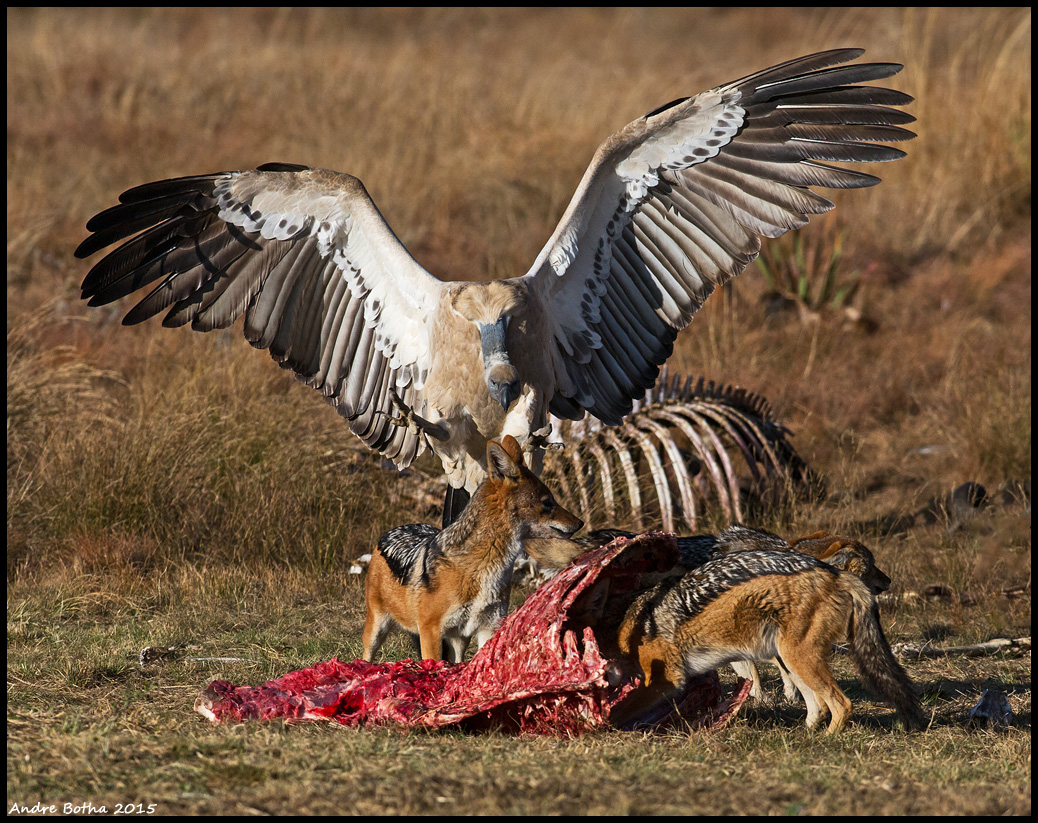 Recently, along with Adam Kane, Kevin Healy, Graeme Ruxton and Andrew Jackson we published a review on scavenging behaviour in vertebrates through time in Ecography.
This paper was my first review paper as well as my first paper written from afar, without ever actually meeting in a room with the co-authors for working on the project.
Recently, along with Adam Kane, Kevin Healy, Graeme Ruxton and Andrew Jackson we published a review on scavenging behaviour in vertebrates through time in Ecography.
This paper was my first review paper as well as my first paper written from afar, without ever actually meeting in a room with the co-authors for working on the project.
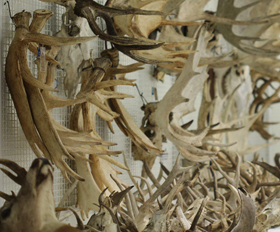
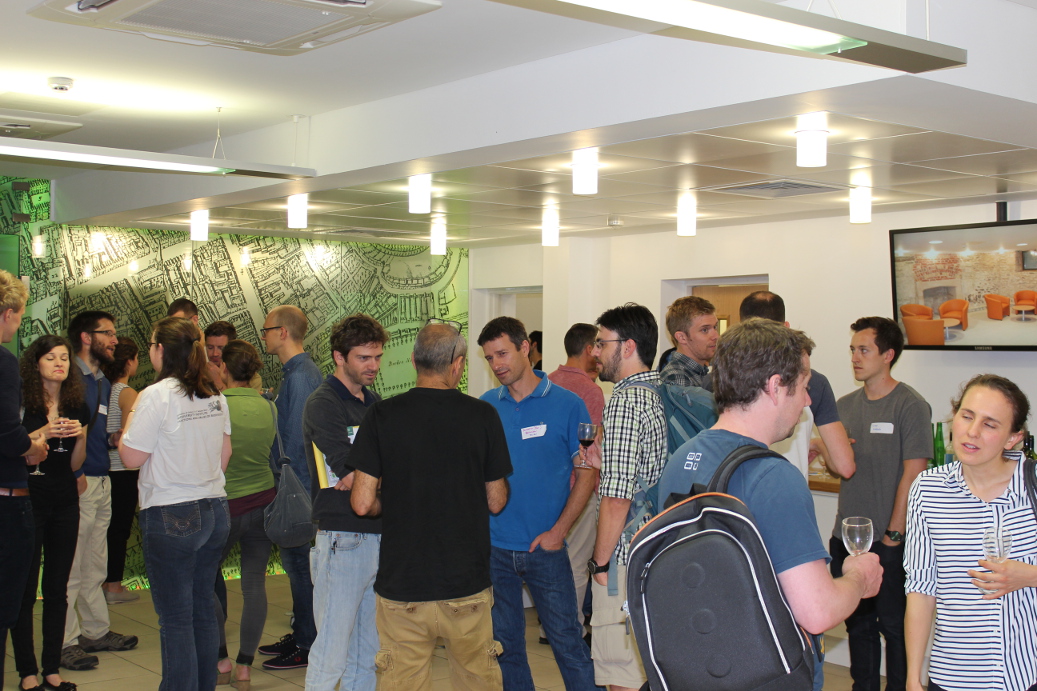 One of my favourite parts of working as a researcher during the summer (aside from quiet campuses with less students around) definitely has to be the “conference season”. Indeed, I don’t need to convince many people that conferences are one of the lively and exciting parts of doing science that rightly mix traveling, networking (and sometimes drinking) and learning about so many new things (and sometimes hangovers).
One of my favourite parts of working as a researcher during the summer (aside from quiet campuses with less students around) definitely has to be the “conference season”. Indeed, I don’t need to convince many people that conferences are one of the lively and exciting parts of doing science that rightly mix traveling, networking (and sometimes drinking) and learning about so many new things (and sometimes hangovers).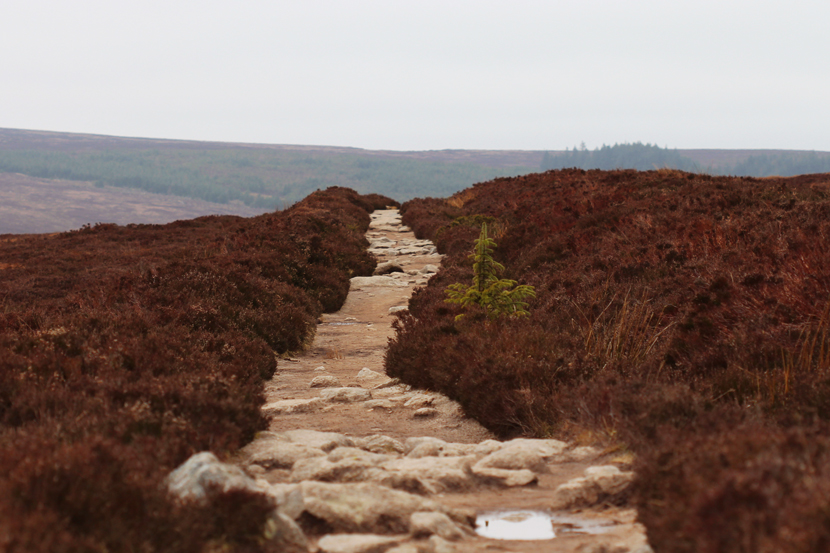 I arrived in Ireland October 2012 with the purpose of undertaking a PhD supervised by
I arrived in Ireland October 2012 with the purpose of undertaking a PhD supervised by 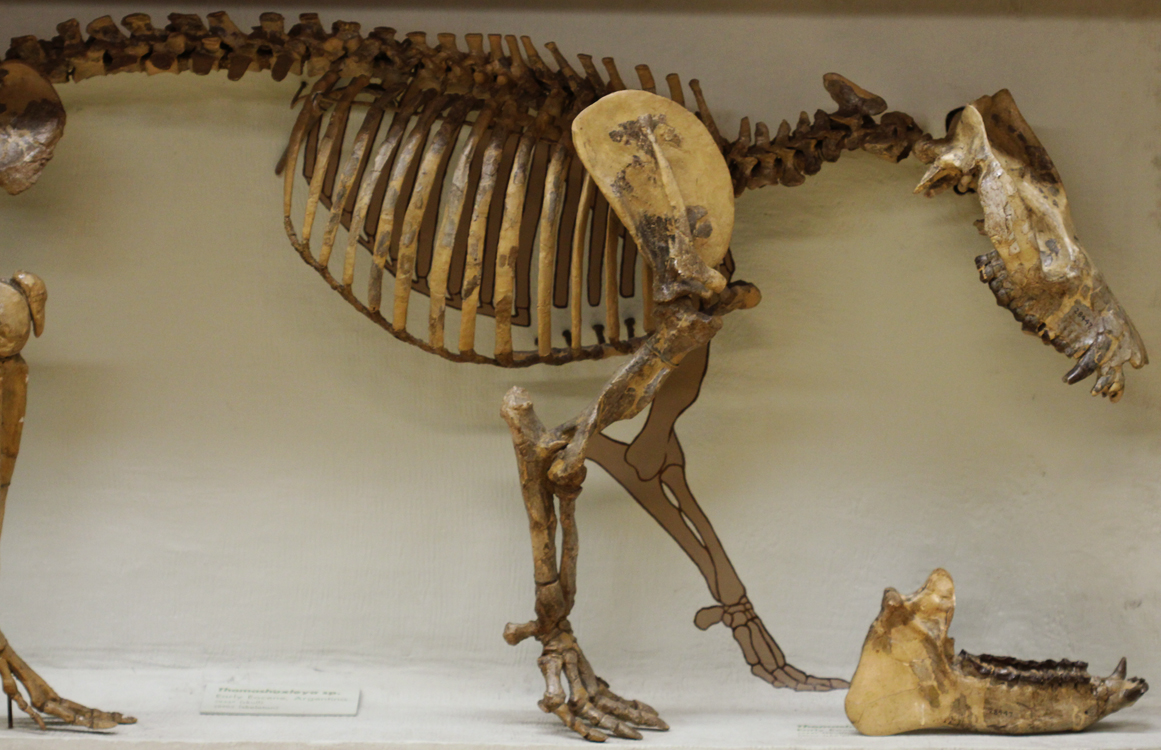 After a few
After a few 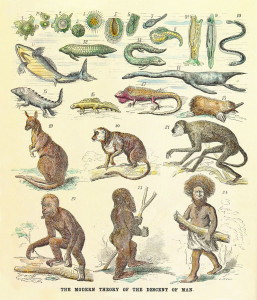 I sometime come across papers that I missed during their publication time and that shed a new light on my current research (or strengthen the already present light). Today it was
I sometime come across papers that I missed during their publication time and that shed a new light on my current research (or strengthen the already present light). Today it was  I bet you do!
I bet you do!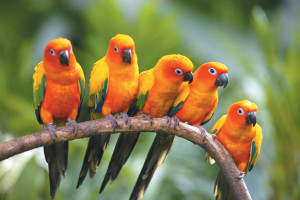 These days I’m writing up the discussion of my sensitivity analysis paper on missing data using the Total Evidence method (more about it
These days I’m writing up the discussion of my sensitivity analysis paper on missing data using the Total Evidence method (more about it  It is well known that your country of birth has a big influence on your religious outlook. That’s why Ireland is dominated by Christians whereas Iran has a mostly Muslim population. Your scientific outlook doesn’t escape from this either.
It is well known that your country of birth has a big influence on your religious outlook. That’s why Ireland is dominated by Christians whereas Iran has a mostly Muslim population. Your scientific outlook doesn’t escape from this either.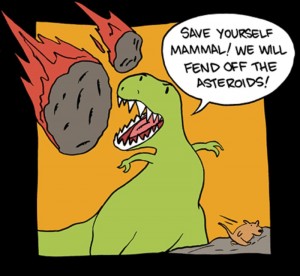 In biology and among biologists, we like to use terms that we know are not correct but that still come in handy when you’re confident that your interlocutor understands them the way you do. I’m thinking of terms such as “key adaptations”, “living fossils”, etc… However, among them, there is one that particularly bugs me and makes me feel like Samuel L. Jackson in the iconic
In biology and among biologists, we like to use terms that we know are not correct but that still come in handy when you’re confident that your interlocutor understands them the way you do. I’m thinking of terms such as “key adaptations”, “living fossils”, etc… However, among them, there is one that particularly bugs me and makes me feel like Samuel L. Jackson in the iconic 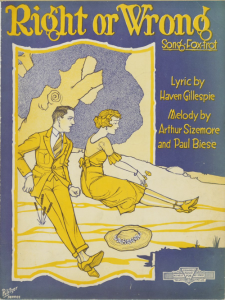 This post follows on directly from my
This post follows on directly from my  This is a mini series of two posts about finding positive things in negative results. Science is often a trial and error process and, depending on what you’re working with, errors can be fatal. As people don’t usually share their bad experiences or negative results beyond the circle of close colleagues and friends, I thought (and hope!) that sharing my point of view, as a PhD student might be useful.
This is a mini series of two posts about finding positive things in negative results. Science is often a trial and error process and, depending on what you’re working with, errors can be fatal. As people don’t usually share their bad experiences or negative results beyond the circle of close colleagues and friends, I thought (and hope!) that sharing my point of view, as a PhD student might be useful. In a
In a 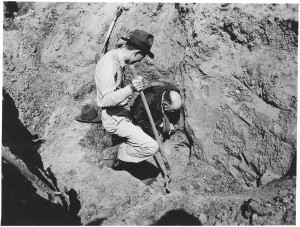 After rereading
After rereading 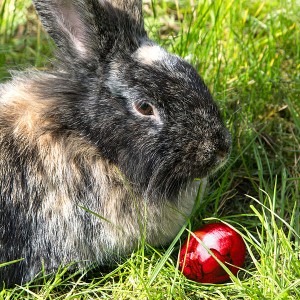 The Easter Bunny apparently originated in German Lutherans’ traditions before 1682 when it was first mentioned in
The Easter Bunny apparently originated in German Lutherans’ traditions before 1682 when it was first mentioned in 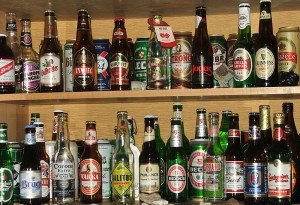 One of the most unusual benefits of being in Ireland from a Southern French PhD student’s perspective is not so much the rain and the pronounced taste for culinary oddities (
One of the most unusual benefits of being in Ireland from a Southern French PhD student’s perspective is not so much the rain and the pronounced taste for culinary oddities (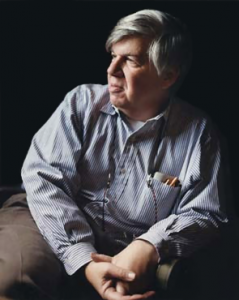 The career of Stephen Jay Gould eludes easy definition because of his prolific output in so many areas.
The career of Stephen Jay Gould eludes easy definition because of his prolific output in so many areas. 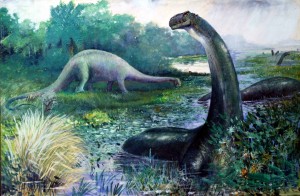 Adam raised the point of science communication in his
Adam raised the point of science communication in his 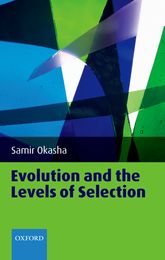 Thanks to the magical (and sometimes frustrating!) technological capabilities of Google+, every fortnight we have international phylo/macro journal club meetings which span three continents and even include elements of time travel (the Australian participants are always in the future!).
Thanks to the magical (and sometimes frustrating!) technological capabilities of Google+, every fortnight we have international phylo/macro journal club meetings which span three continents and even include elements of time travel (the Australian participants are always in the future!).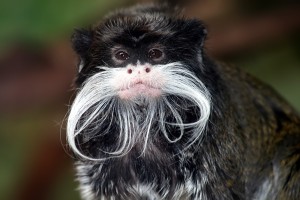 I’ve spent the last few days writing an introduction for my first PhD paper on the practical issues of adding fossils to molecular phylogenies (
I’ve spent the last few days writing an introduction for my first PhD paper on the practical issues of adding fossils to molecular phylogenies ( The
The 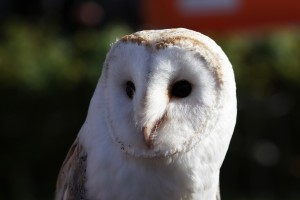 Thanks to the
Thanks to the 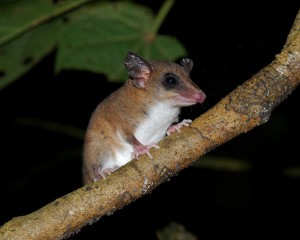 As I wrote in a
As I wrote in a 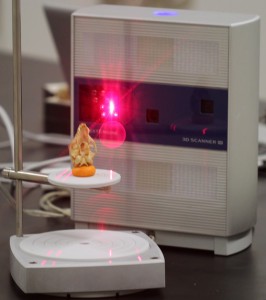 The word “
The word “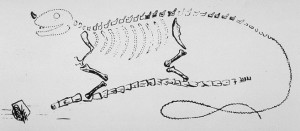 Imagine you’re stuck in the desert, your plane has crashed and you’re trying hard to fix it. Then a
Imagine you’re stuck in the desert, your plane has crashed and you’re trying hard to fix it. Then a 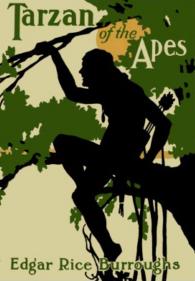 Nature News published a
Nature News published a 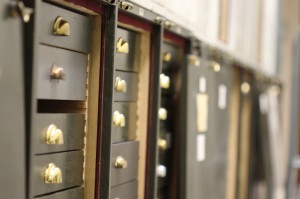 Natalie Cooper and Sive Finlay already posted on this blog about the amazing old stuff you can find in a Natural History Museum (
Natalie Cooper and Sive Finlay already posted on this blog about the amazing old stuff you can find in a Natural History Museum (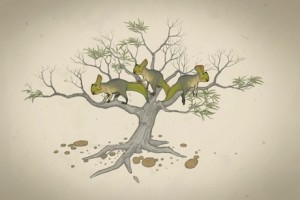 I’d like to ask the question many paleontologists have to face when they (foolishly) venture out of their museum storage: “So you’re studying fossils right? But what will that bring to the people? A cure for AIDS?”.
I’d like to ask the question many paleontologists have to face when they (foolishly) venture out of their museum storage: “So you’re studying fossils right? But what will that bring to the people? A cure for AIDS?”.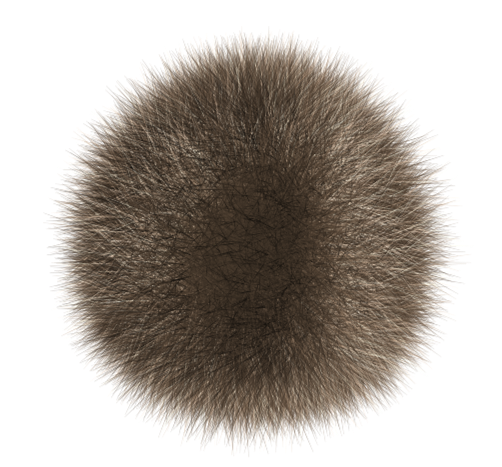 Recently Science published
Recently Science published 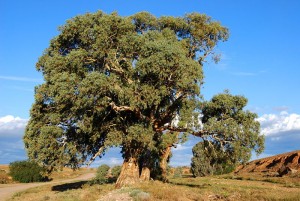 Following the influence of science writers such as S.J. Gould, I always try to look back at the historical perspectives of what I’m studying. These days I’m playing with 3Gb trees so I was delighted by
Following the influence of science writers such as S.J. Gould, I always try to look back at the historical perspectives of what I’m studying. These days I’m playing with 3Gb trees so I was delighted by  What will happen today on the
What will happen today on the 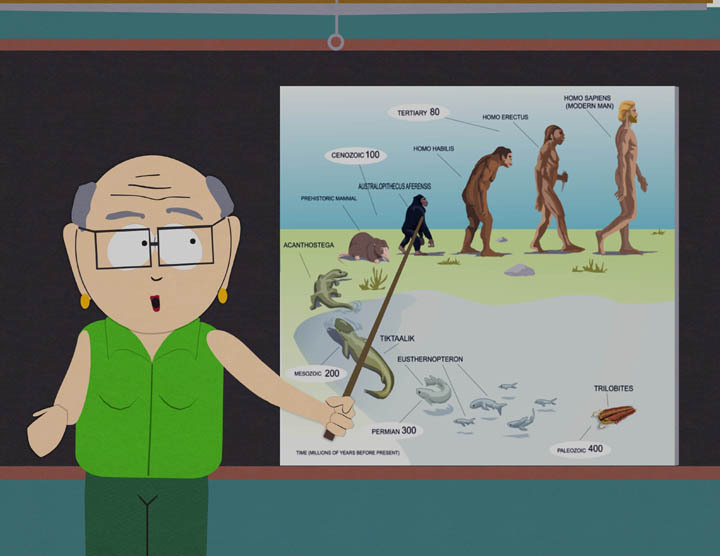 Mr Garrison taught South Park Elementary children (season 10, episode 12) the good old fashion way of seeing evolution; “we are the retarded children of some retarded frog-fish-squirrel…”. This is the gradualist way of seeing evolutionary processes; leading from uninteresting jelly fishes to the mighty Arnold Shwarzenegger.
Mr Garrison taught South Park Elementary children (season 10, episode 12) the good old fashion way of seeing evolution; “we are the retarded children of some retarded frog-fish-squirrel…”. This is the gradualist way of seeing evolutionary processes; leading from uninteresting jelly fishes to the mighty Arnold Shwarzenegger.